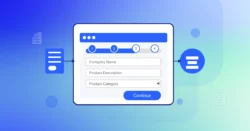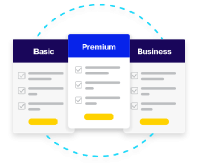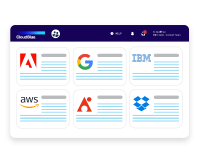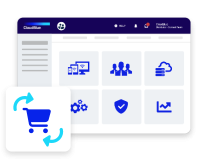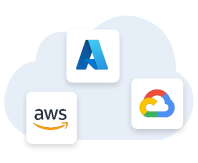Billing refers to the process of creating and sending invoices to customers for products or services provided.
In the SaaS industry, billing plays a critical role in managing customer subscriptions and ensuring accurate payments. The billing process starts when a service is delivered and involves generating an invoice that clearly defines the cost, terms, and due date for payment. Whether a one-time charge or recurring subscription, billing ensures that customers and businesses maintain a transparent financial relationship.
Billing is managed either manually or through automated systems, depending on the scale of the operation. A dedicated billing team or billing department typically oversees this process, ensuring that invoices are accurate, delivered on time, and compliant with any relevant regulations.
Types of Billing in SaaS
In the SaaS world, there are several types of billing models to cater to different business needs. Common types include flat-rate billing, where customers pay a fixed amount, and usage-based billing, where charges depend on how much of the service is used. Tiered billing allows customers to select from various pricing plans based on features or usage levels, while hybrid models combine multiple approaches to offer flexibility.
Automated software platforms are often employed to handle these complex billing structures, especially for businesses with recurring billing payments. These platforms not only streamline invoicing but also support various payment methods, such as credit cards, ACH transfers, and even international transactions.
Why Accurate Billing Matters
Accurate billing is crucial for maintaining customer trust and ensuring smooth operations. Errors in billing, such as incorrect charges or delayed invoices, can lead to dissatisfied customers and potentially impact revenue. For SaaS companies, this is particularly important as customers are often on recurring plans.
A robust billing system helps define a clear process for handling payments, refunds, and disputes. It also enables the billing team to focus on improving operational efficiency rather than chasing errors or handling complaints. Modern billing platforms are equipped with tools that provide real-time insights, ensuring both the business and its customers are always on the same page.




